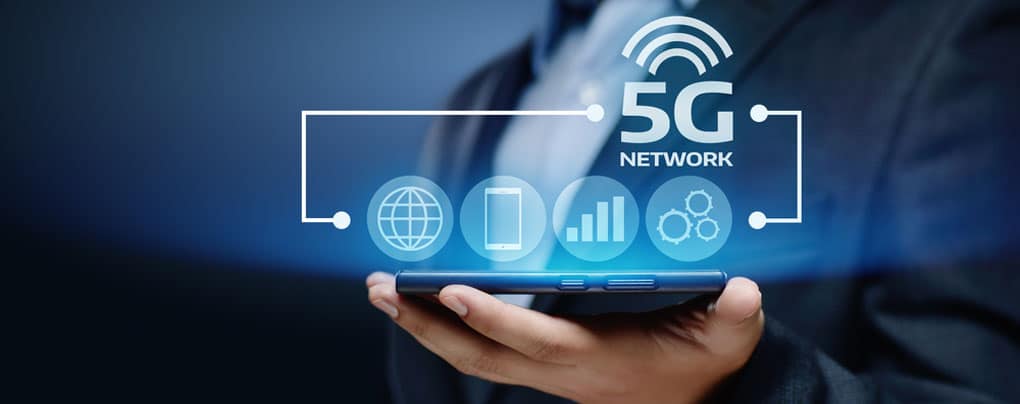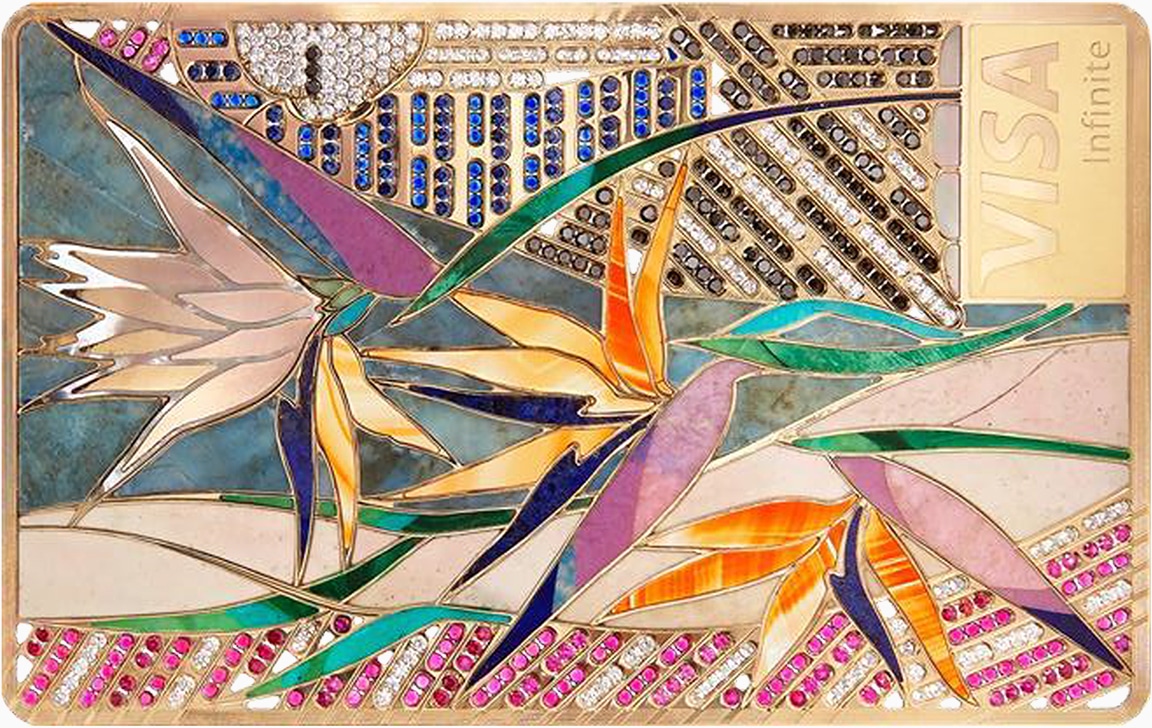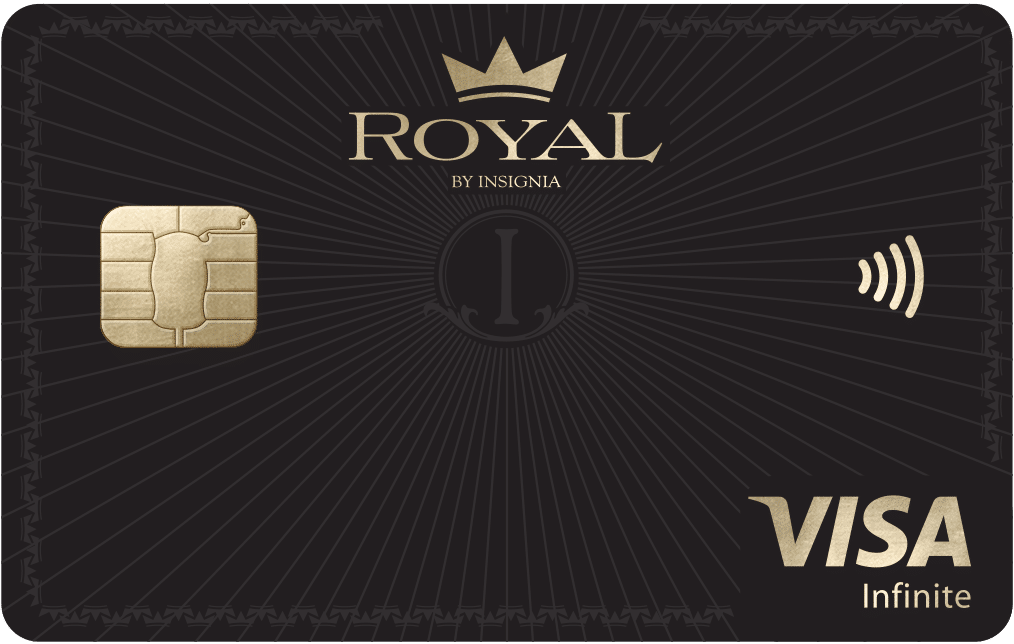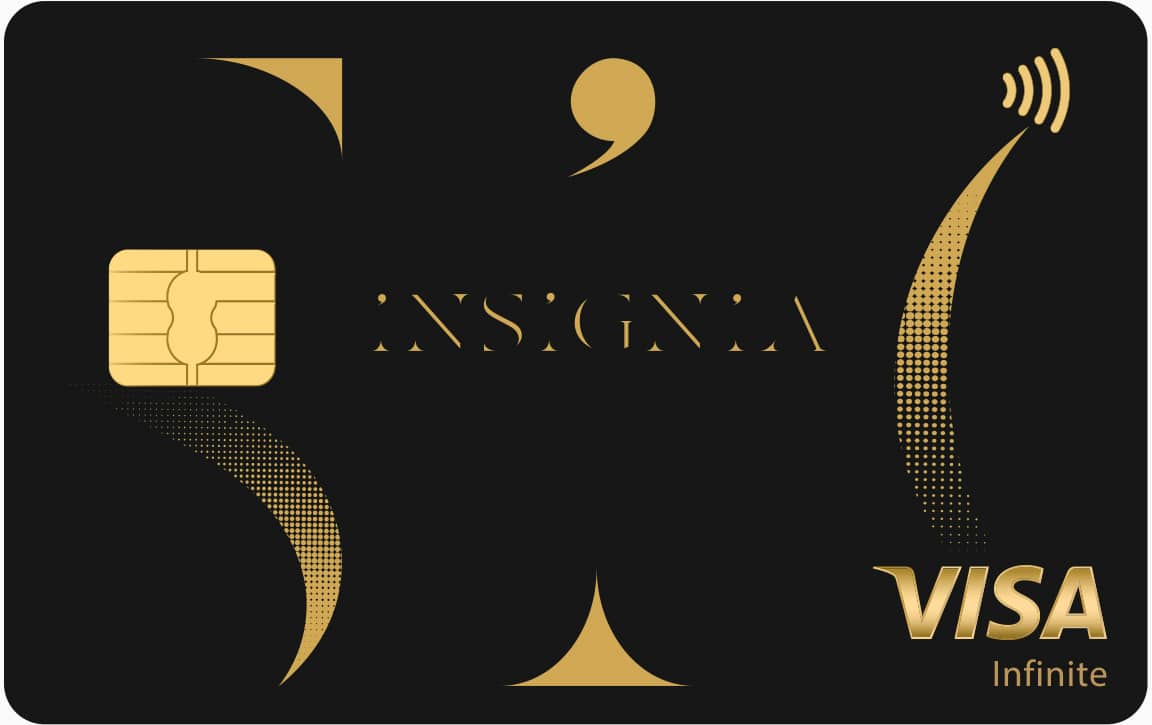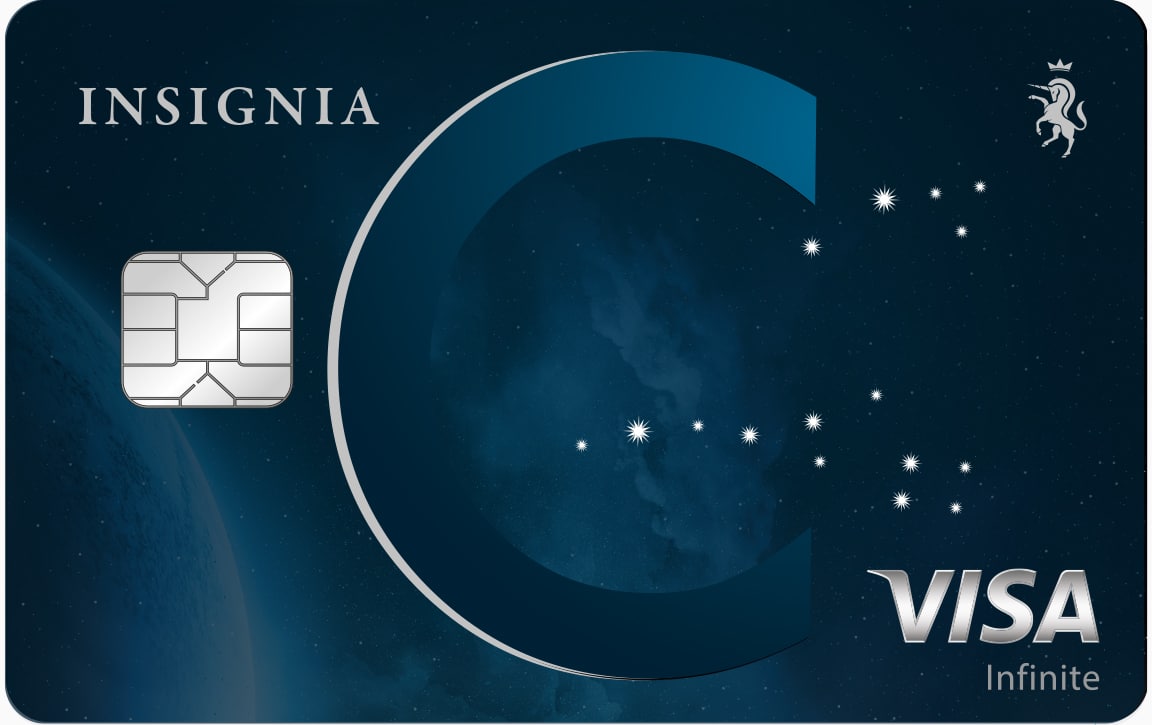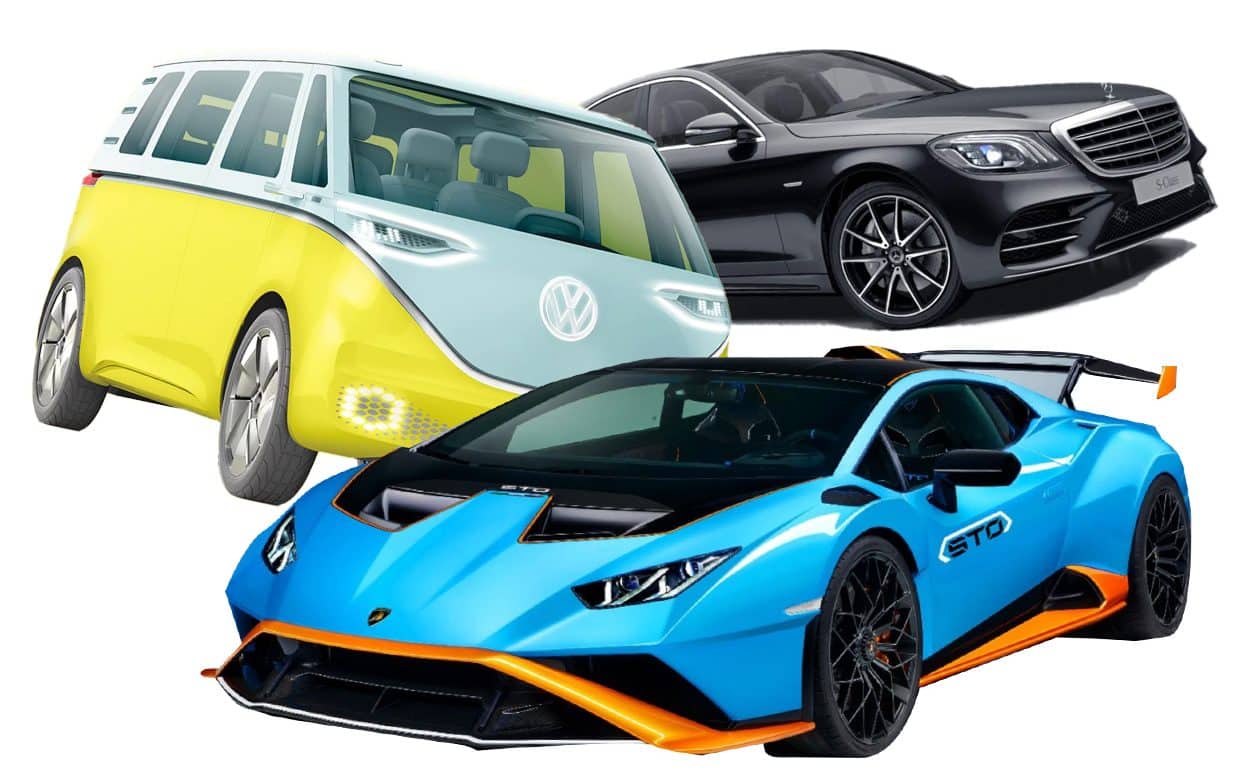
Does anyone remember watching futuristic films when they were a kid and thinking that by the time they were an adult they’d have cars that could fly, boards that could hover and rocket ships offering vacation breaks on Mars? Well, we’re not quite there yet, but 5G is around the corner and promises to be the fuel that powers us into the next tech evolution.
There’s been a lot of hoopla and hype in the media for some time now surrounding 5G, not least because it seems so long ago now that it was first announced that we’re still kinda waiting anxiously for it to take off. But also because of the British government’s recent U-turn on Huawei and subsequent decision to ban the Chinese tech firm from its mobile networks. But what exactly is 5G and why is there so much fuss surrounding it? Let’s dive in.
It’s important first to say that consumer demand for better, more seamless digital experiences is at an all-time high and continuing to escalate. That’s why the increased bandwidth of global fifth-generation cellular wireless technology (or ‘5G’ without the gobbledegook) is such a big deal. It will essentially be the lifeblood that services that demand, helping to vastly improve autonomous driving and create smart cities with connected logistics, transport, and infrastructure. It will enhance healthcare from robotics to blockchain use cases and use augmented reality, virtual reality and mixed reality in ways that will make everyday life feel like those aforementioned futuristic sci-fi films. In short, 5G will just generally make the world a much more convenient, safer and better place to live.
It is forecast that the global 5G market will reach $251 billion by 2025, which might explain why 66% of businesses plan to deploy 5G by the end of the year. In 2021, we will start to see 5G spread its wings and fly, with over 100 million estimated 5G enabled smartphones in circulation worldwide.

What is it, and how does it work?
In simple layman terms, 5G promises to lower latency, move more data thanks to faster speeds and connect many more devices at once . . . okay, granted, that doesn’t immediately sound wildly exciting. But what really whets the appetite isn’t so much what 5G does, its the enormous reservoirs of potential it holds to transform the world we live in entirely.
Many industry experts believe that 5G networks will be up to 20 times faster than 4G when fully deployed in the real world. Whereas 4G has download speeds typically 20Mbps, 5G is expected to reach as much as 1500 Mbps—pretty much instant. Even more impressive, low-latency rates (the amount of delay between the sending and receiving information) promise to get as low as one millisecond. To put that into context, 4G tends to average about 100-200 milliseconds, and human reaction time is about 200-300 milliseconds.
It’s this powerful combination of ultra-fast speed and real-time latency that will allow the dream of fully automated transport networks to become a reality . . . eventually. It’s easy to get excited, but the one thing that often holds technology back isn’t the innovation of it, but the rollout and infrastructure required to support it.
The good news here is that 5G towers are significantly smaller than typical tower masts. In fact, they’re about the size of a minifridge. With sensors smaller, cheaper, and placed just about anywhere (assuming mobile network carriers do the job of placing them), practically everything will be connected. Starting to sound a bit Skynet yet?
Banking and fraud
Seeing as Insignia Cards Limited is a payment card issuer (of exceptionally fine premium products, one might add), it would be remiss not to examine the impact that 5G will have on the banking industry.
By enabling high-speed real-time data flow, 5G will eliminate cumbersome processes that accompany high-value transactions. So, the next time you arrive at a dealership to pick up a Lamborghini Huracán EVO, 5G can speed up the whole process—from application to credit check to approval in one slick, end-to-end experience.
The slow decline of the high street bank will accelerate as disruptor banks continue to increase in popularity, now with an entirely new arsenal of digital tools at their disposal. There is simply no need to go out of your way to visit a bank and wait in a queue anymore as most of your banking needs and transactions can be carried out from mobile banking apps.
Speaking of apps, in a pre-5G environment, security vulnerabilities detected within an app require an update, often including manual intervention from the mobile app user. With 5G, banks can update and add enhancements in real-time, without bugging the consumer.
The customer service experience will also be brought to the user, delivering a richer digital banking experience through virtual reality-based customer service, financial advice and wealth management support. This will provide a better understanding of customers from all facets. This enhanced insight will enable organisations to better engage with their customers in an ultra-personalised manner.
5G will also help financial institutions in combating fraud. It allows data to travel across networks in real-time, meaning that as soon as someone initiates a mobile payment transaction, banks will be able to comb through data like geolocation, transaction amount and merchant ID more rapidly to both reduce fraud and mitigate against errors in fraud detection. Moreover, 5G will promote multimodal biometric security measures to validate a person’s identity.
Self-driving cars
The most obvious early example of 5G’s potential is the prospect of automated vehicles. Again, latency is key here because it allows for self-driving cars to make single-digit millisecond decisions crucial to the safety measures necessary to get automated vehicles on the road.

In Bedfordshire, England, a 5G testing ground called AutoAir is letting companies experiment on using a myriad of IoT device technologies integrated via 5G to get cars to communicate with traffic lights, streetlights, road sensors, aerial drones, and other bits of digital infrastructure. Additionally, Ford is working with Vodafone on a system to alert cars to move out of the way of emergency vehicles. Accident victims have a 40% better chance of survival if emergency services personnel can get to them just four minutes sooner.
While manual human drivers can only see what’s directly in front of them, an automated vehicle can see around corners and detect pedestrians obscured by other cars. This integrated ecosystem which can communicate in real-time could significantly reduce road accidents and regulate traffic.
Improved banking, fraud reduction, self-driving cars, cutting road traffic and mitigating against road accidents alone would make huge strides towards improving everyday life for billions of people across the planet. Still, these examples are really just the tip of the iceberg. 5G has the potential to transform almost every industry it touches, from trying on clothes in a shop in another continent to automated check-in and boarding systems at airports, robotic parking, or sitting on a friends sofa as a telepresence from the other side of the world, there really are no limits to what could be achieved once 5G’s potential is unlocked.
As 5G marches toward ubiquity, consumers will experience a newfound uniformity between their phone, watch, wearable and connected car allowing innovators, entrepreneurs and early adopters to use 5G to create new disruptor technologies that will transform our everyday lives.

